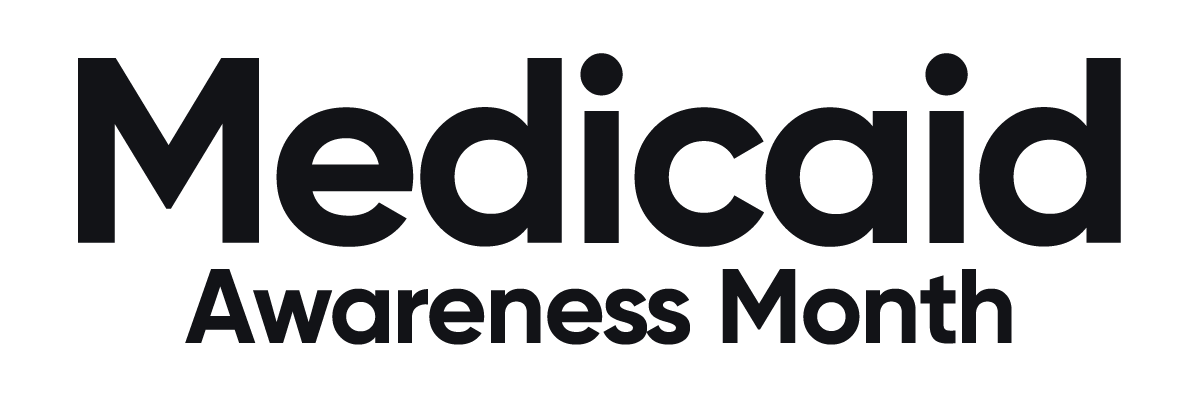On March 11, President Biden signed the American Rescue Plan into law, historic legislation that includes the most significant health care expansion in a decade. After four long years of Republican efforts to sabotage the Affordable Care Act (ACA) and Medicaid, President Biden and Democrats in Congress are now working to expand coverage, lower costs, and reduce racial disparities in health care.
In addition to providing affordable coverage options for millions of uninsured Americans through the ACA, the American Rescue Plan provides robust financial incentives for the 14 states that have not yet implemented Medicaid expansion. The legislation also includes important measures to strengthen Medicaid coverage and benefits. Medicaid has served as a critical safety net as millions have lost jobs and their employer-based health insurance during the pandemic. Unsurprisingly, Medicaid enrollment has grown to an all-time high of 77 million Americans. Between February and November 2020, states that expanded their programs saw a 22 percent increase in Medicaid enrollment.
The American Rescue Plan:
Incentivizes Medicaid Expansion. The American Rescue Plan includes an offer too good for Republican holdout states to turn down: In addition to covering 90 percent of the costs for the expansion population, the federal government would chip in an extra 5 percent for the traditional Medicaid population for two years. This translates to billions in additional dollars for the states — more than enough to cover the cost of expansion itself. Research confirms that Medicaid expansion increases access to care, improves financial security, and leads to better health outcomes.
- Four million uninsured adults could gain coverage if remaining holdout states expand Medicaid. An estimated four million uninsured adults — including 640,000 frontline workers, 500,000 people with disabilities, and 926,000 older adults aged 50 to 64 — could gain coverage if the remaining holdout states adopted expansion. Importantly, people of color make up nearly 60 percent of this group. Additionally, research shows that Medicaid expansion helps increase coverage rates for children.
- Even after paying the cost of Medicaid expansion, these states would receive an additional $9.6 billion in new federal funding that they could use to offset spending in other state programs or budget shortfalls. According to estimates from the Kaiser Family Foundation, the 14 states that have not yet implemented Medicaid expansion would receive $16.4 billion thanks to the enhanced federal match rate under the American Rescue plan, while the total cost of Medicaid expansion in these states would only be $6.8 billion.
Expands Medicaid Coverage To New Mothers One Year Postpartum. Women in the United States are more likely to die during childbirth than in peer nations, and Black women are three to four times more likely to die of complications related to pregnancy and childbirth compared to white women. A recent study from the Urban Institute found that 20 percent of uninsured new mothers skipped care because of cost, and half worried about not being able to afford medical bills. The American Rescue Plan works to address the maternal mortality crisis by enabling states to expand Medicaid coverage to new mothers 12 months postpartum. This is particularly important in non-expansion states, where many new mothers fall into the coverage gap.
Includes Funding To Ensure Medicaid Patients Can Get COVID-19 Treatment & Vaccinates For Free. The American Rescue Plan includes federal funding to provide COVID-19 treatment and vaccines at no cost to Medicaid recipients. The ARP also gives 100 percent federal match funding to states that choose to provide vaccines and treatment to the uninsured without cost sharing. Efforts to increase vaccination will be especially beneficial in communities of color and hard to reach populations.
Invests In Medicaid Home- And Community-Based Services (HCBS). HCBS help seniors and people with disabilities live and age independently at home and in their communities. Under the American Rescue Plan, states will receive a 10 percentage point increase in federal matching funds through March 2022 to strengthen Medicaid HCBS. The American Rescue Plan also includes additional funding for Medicaid-certified nursing facilities experiencing COVID-19 outbreaks.
Invests $8.5 Billion In Relief Payments For Rural Medicaid Providers. Rural hospitals have taken a serious financial hit during the pandemic. Per the Kaiser Family Foundation, “These funds are available to compensate for health care related expenses and lost revenues attributable to the pandemic for rural providers who diagnose, test, or care for individuals with possible or actual COVID-19.”
Provides Additional Funds For Community-Based Mobile Crisis Intervention Services. The American Rescue Plan gives states the option to provide community-based mobile crisis intervention services with 85 percent federal matching funds for three years. These services help people experiencing issues with mental health and substance use disorder.
Lifts The Medicaid Drug Rebate Cap. Eliminating the cap on prescription drug rebates that manufacturers pay to state Medicaid programs would bring significant savings to state budgets as they recover from the economic toll of the pandemic.

